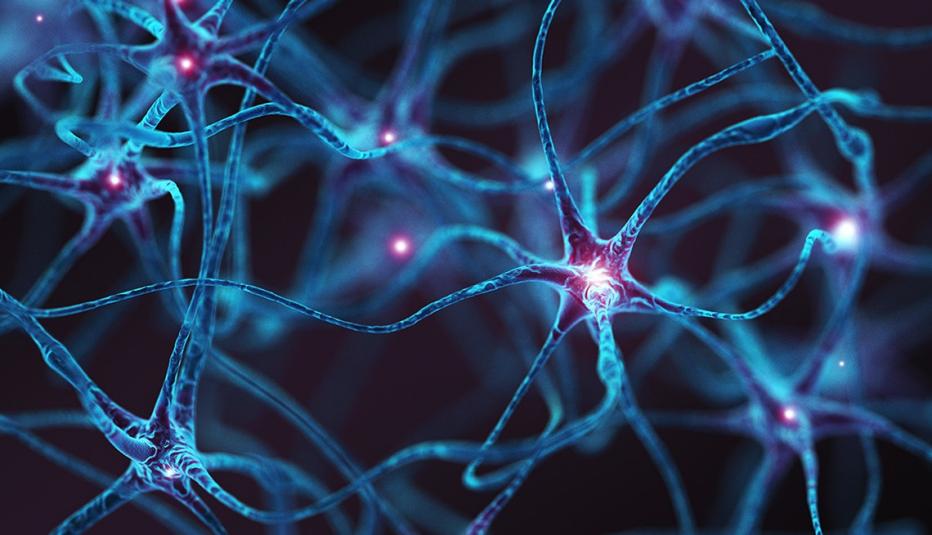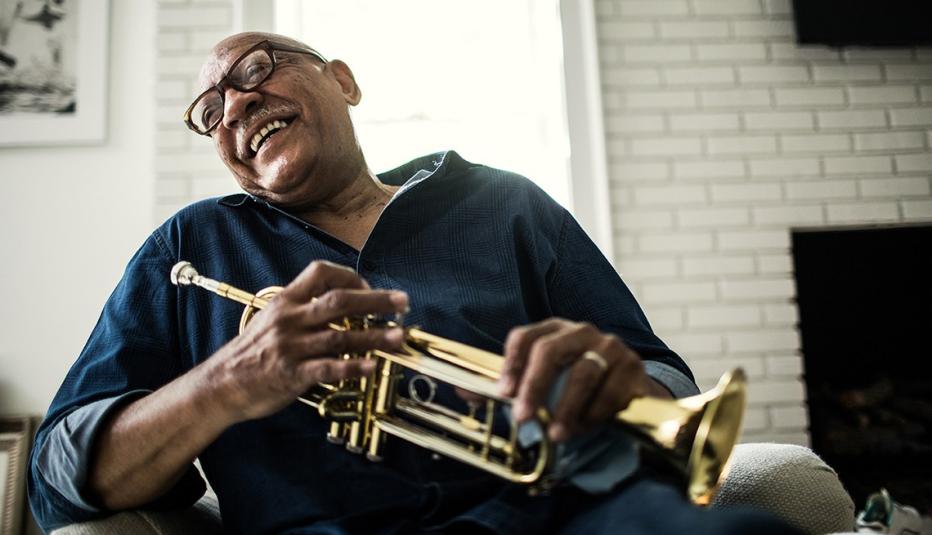AARP Hearing Center
Laura Mehegan, AARP Research
Chuck Rainville, AARP Research
Laura Skufca, AARP Research
AARP conducted a study of 40+ adults across the United States to understand the factors that influence social engagement, isolation, loneliness and social network size among older adults. The study also examined the relationship between social engagement, isolation, and loneliness and brain health, physical health and mental well-being.


Key findings include:
- Based on social network size, social group involvement, and satisfaction with social connectedness, four social types emerged to characterize 40+ adults: The Highly-connected, the People-People, the Givers, and the Socially-Disconnected.
- One in five 40+ adults are “Socially-Disconnected.” They have small social networks, a low-level of social group involvement, are dissatisfied with their social connectedness, and have below-average mental well-being scores. This group is most in need of suggestions on how to improve their level of engagement.
- The average social network size among 40+ adults is 19 family members and friends. Women tend to have larger networks overall and those age 60+ tend to have more friends.
- Two major life events affect social network sizes among the older age cohorts. As people retire, overall network size increases through the addition of new friends to the network. As family networks contract (often with the loss of spouse/partners), social networks return to their pre-retirement size. These life events do not negatively affect well-being or reported satisfaction with relationships.
- Adults age 40+ with larger social networks report better brain health than those with smaller social networks.
- Many 40+ adults say they sometimes or often lack companionship (37%), find it hard to engage socially (35%), and feel isolated from others (29%). This is particularly true for adults without a spouse/partner and for those aged 50-59. In fact, adults who experience loneliness and isolation have significantly smaller social networks and lower mental well-being scores.
- Adults who are dissatisfied with their level of social engagement are significantly more likely to report a decrease in their cognitive functioning in the previous five years.
- Adults say their social relationships encourage them to try new things and take better care of their health. Significantly more African Americans/Blacks and Hispanics/Latinos say this is true to a great extent.
- African Americans/Blacks are more likely to attend religious services and to engage in spiritual and religious group activities compared to the general population. They are also much more likely to engage in prayer multiple times per day outside of religious services.
- Having a purpose in life is important to nearly all 40+ adults. Those who consider this to be important have larger social networks and higher average mental well-being scores compared to those who think it is unimportant.
Interviews were conducted online among 2,585 adults age 40+ using GFK’s Knowledge Panel from December 8-26, 2016 (responses after December 19 excluded from analysis). Additional interviews were conducted among African American/ Black, Hispanic/Latino, and Asian adults age 40+. The data are weighted to reflect Current Population Survey and American Community Survey benchmarks. For more information, contact Laura Mehegan at LMehegan@aarp.org. For media inquiries, contact Greg Phillips at GPhillips@aarp.org.
Suggested Citation:
Mehegan, Laura, Chuck Rainville, and Laura Skufca. 2016 AARP Social Engagement and Brain Health Survey. Washington, DC: AARP Research, February 2017. https://doi.org/10.26419/res.00149.001
MORE FROM AARP





























































